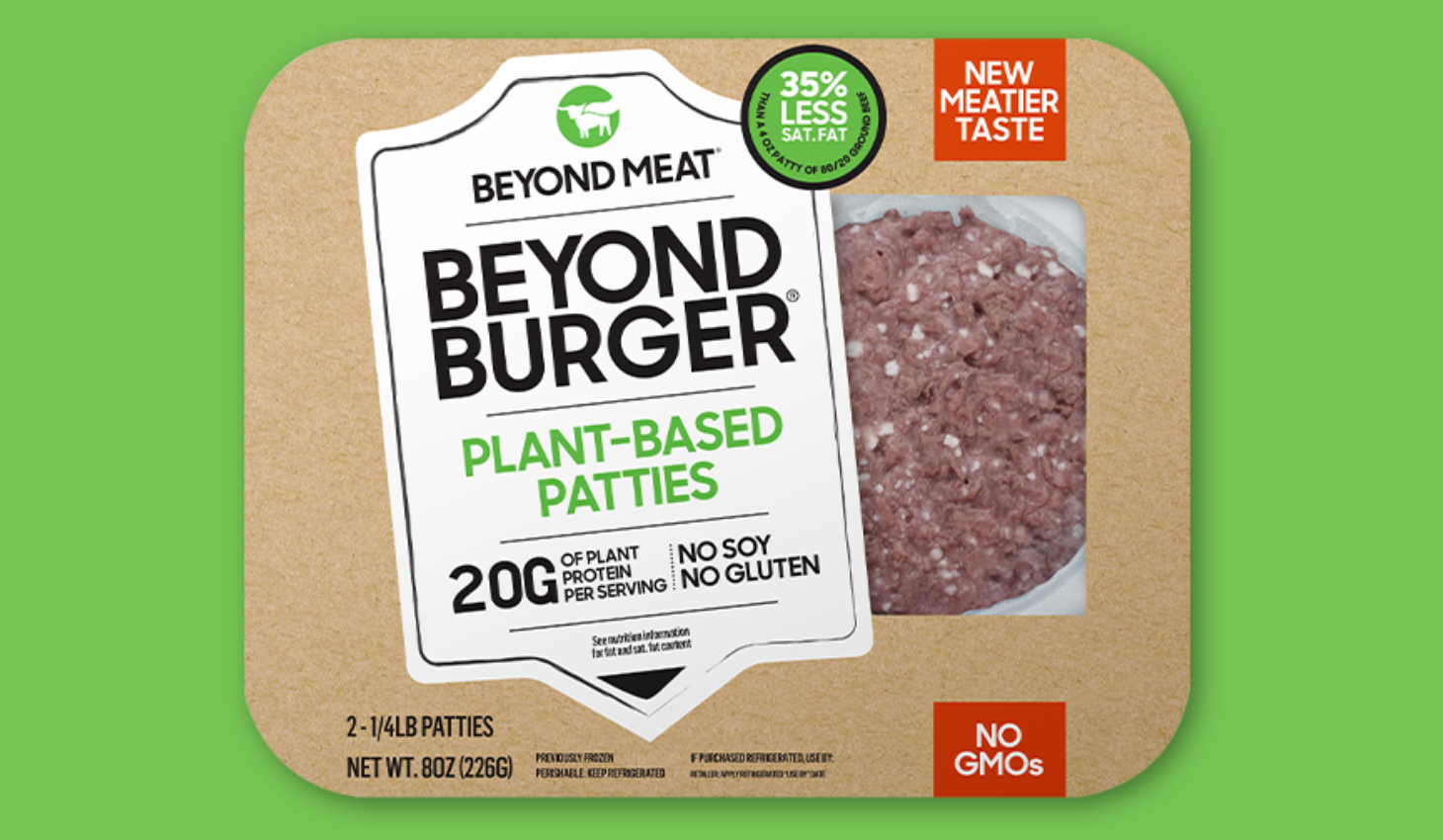
American Beverage Association’s Every Bottle Back Recycling Initiative
Inquiry finds trade group overstates environmental benefits of recycling program.
Lawsuit alleges products’ ginger ale taste comes from a secret artificial ingredient.
Ginger ale drinkers, take note: According to a recent class-action lawsuit, a number of Schweppes and Canada Dry ginger ales taste like ginger ale not because they are made only with “natural ginger flavor” or “natural flavors,” as claimed on packaging, but because they contain an artificial flavoring that is added to the products to mimic the taste of ginger ale.
The lawsuit alleges Keurig Dr Pepper, which owns both Schweppes and Canada Dry (that’s right, dear readers, Big Ginger Ale is real), fails to disclose on the front label or on the ingredients list that the products contain artificial flavoring, in violation of federal and state laws.
According to the complaint, the alleged secret artificial ingredient, dl-malic acid, is a synthetic form of malic acid that is manufactured in petrochemical factories using benzene or butane. The lawsuit alleges that the artificial flavoring alone is responsible for the products’ ginger ale taste.
Defendant adds synthetic dl-malic acid to the Products because without the addition of this synthetic chemical the Products would not taste like “ginger ale.”
The complaint seeks an order requiring that Keurig Dr Pepper stop the deceptive marketing alleged in the lawsuit and providing restitution for consumers, among other things.
Keurig Dr Pepper did not respond to TINA.org’s request for comment.
Natural claims
Consumers have a preference for foods marketed as natural, with some even willing to pay more for such products. This is partly due to an aversion to processed foods.
However, there is no legal definition for natural in food labeling; there is only the FDA’s “longstanding policy” that foods marketed as natural shouldn’t contain any artificial or synthetic ingredients “that would not normally be expected to be in that food.” Which, unfortunately, leaves a lot of leeway for marketers to interpret the term as they see fit.
Find more of our coverage on ingredient claims here.
Our Ad Alerts are not just about false and deceptive marketing issues, but may also be about ads that, although not necessarily deceptive, should be viewed with caution. Ad Alerts can also be about single issues and may not include a comprehensive list of all marketing issues relating to the brand discussed.
Inquiry finds trade group overstates environmental benefits of recycling program.
Are there really any benefits to drinking alkaline water?
TINA.org investigates ingredients in company’s flagship product, the Beyond Burger.

